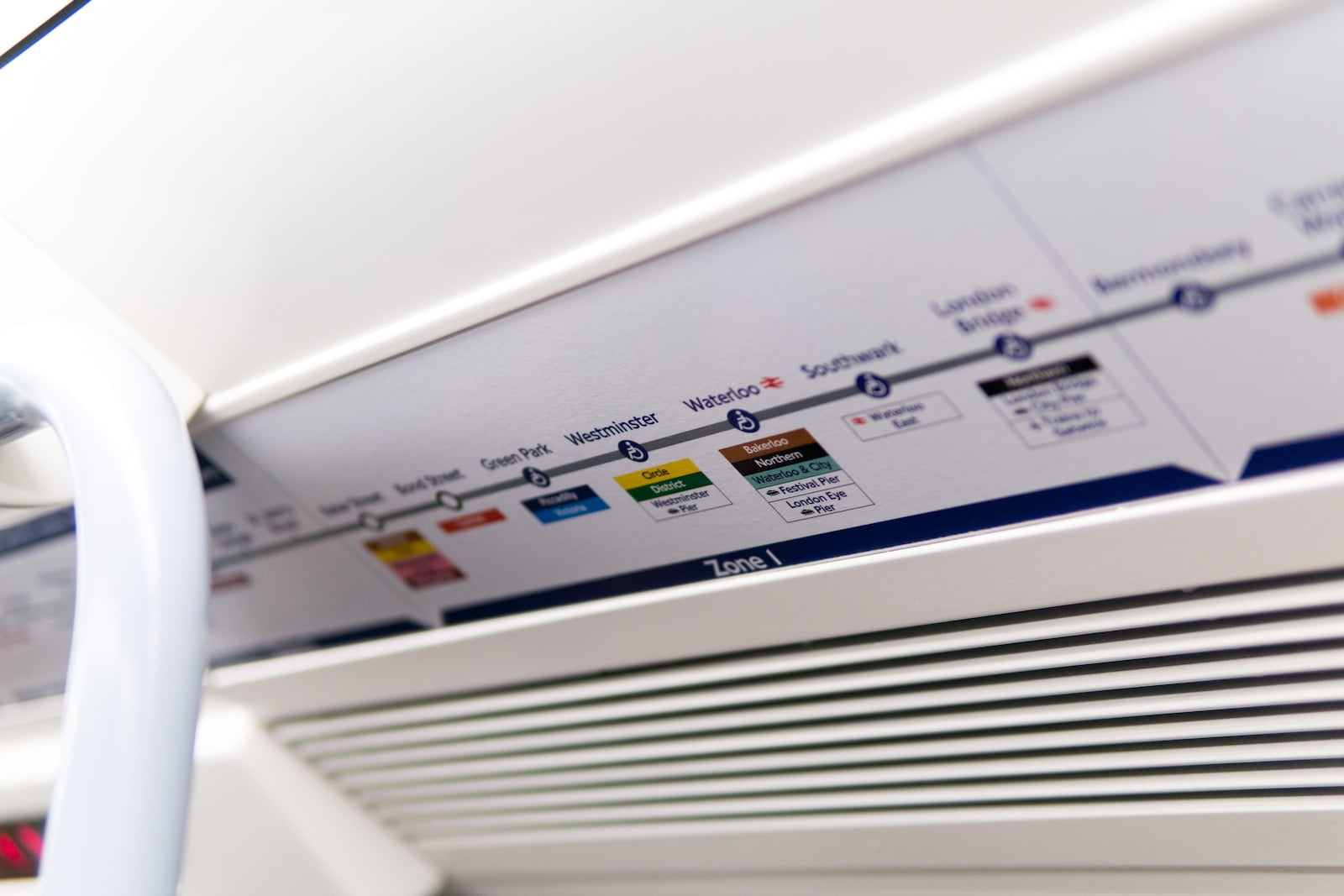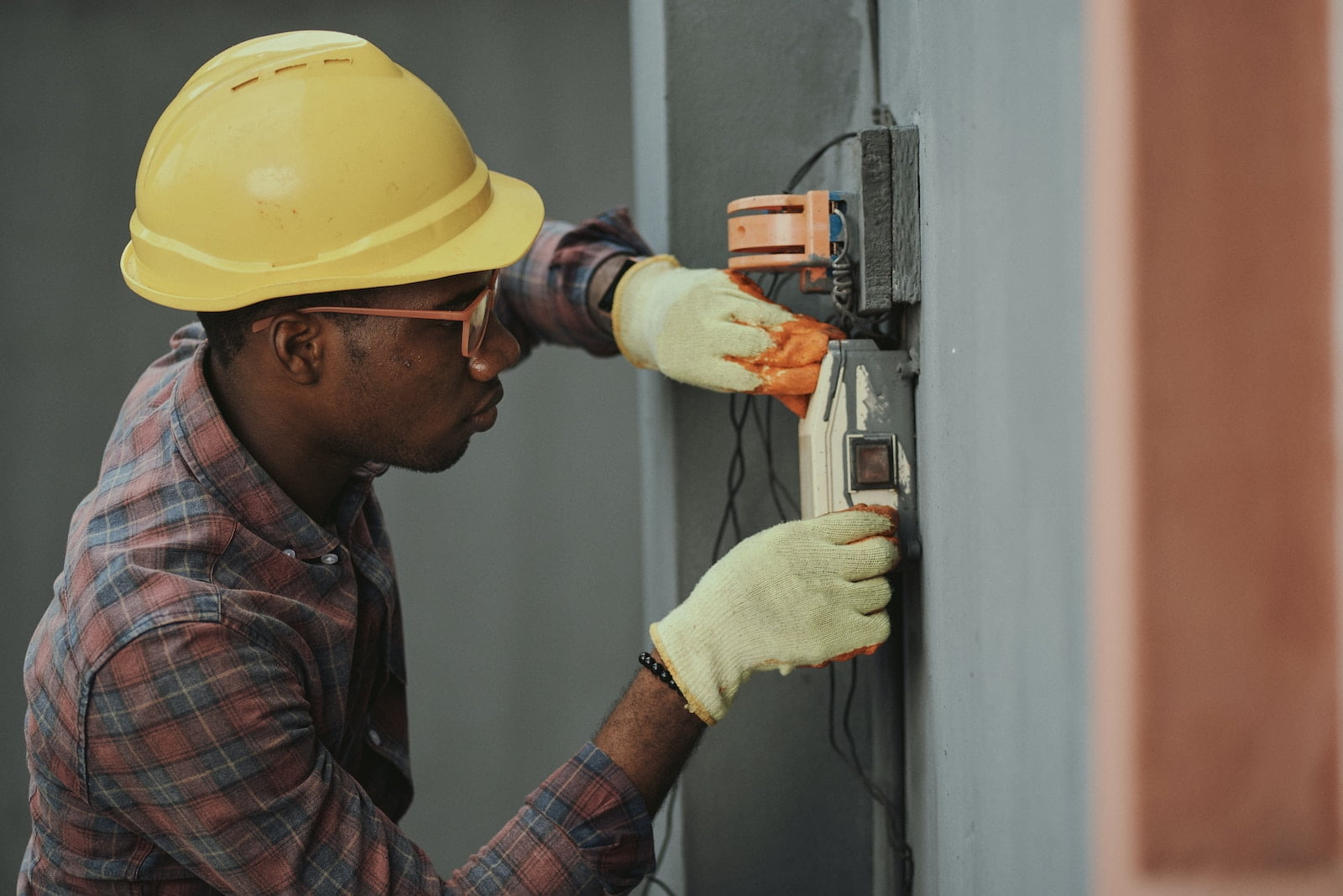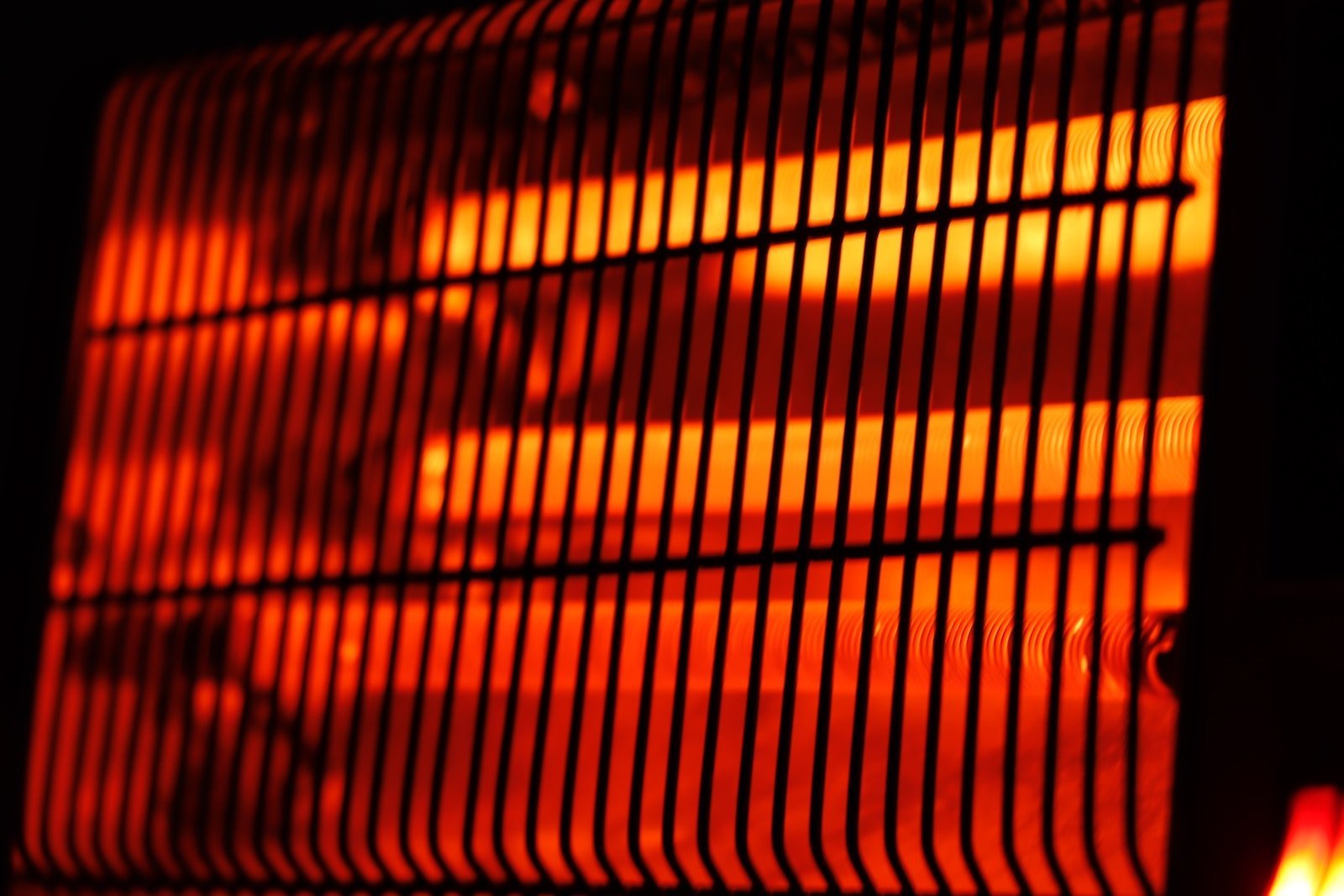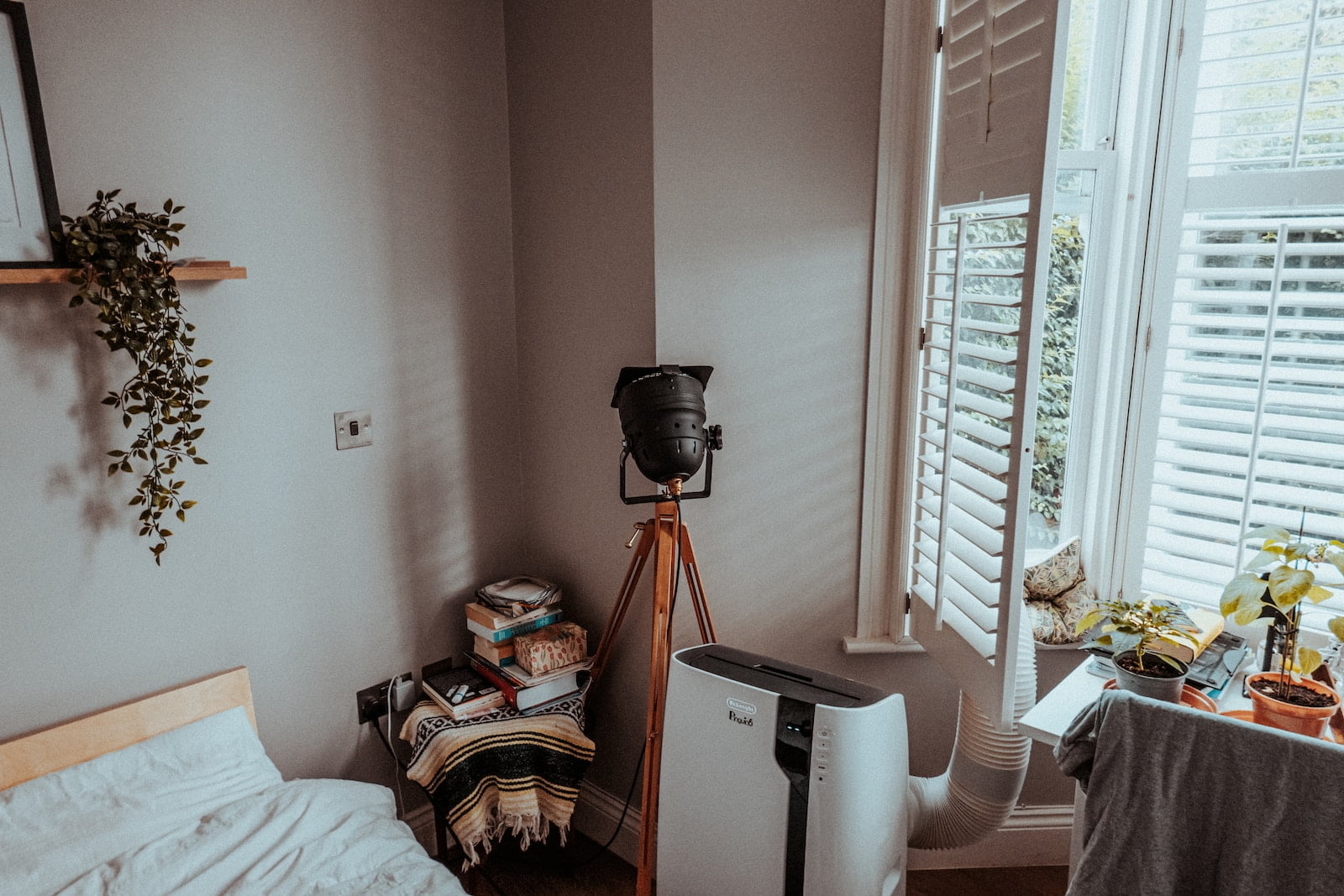Do You Need an Air Filter for Your AC?
Indoor air quality is an essential factor in maintaining a healthy and comfortable living environment. With the majority of people spending most of their time indoors, it is crucial to ensure that the air we breathe is clean and free of pollutants. One way to achieve this is by using an air filter in conjunction with your air conditioning system. In this article, we will explore the importance of clean air in your home and how an air filter can help improve indoor air quality.
Firstly, it is essential to understand the impact of poor indoor air quality on our health. Indoor air pollution can lead to a range of health problems, including respiratory issues, allergies, and even cancer. This is because indoor air can contain a variety of pollutants, such as dust, pet dander, mold spores, and chemicals from cleaning products. These pollutants can accumulate in the air and cause health problems, particularly for those with pre-existing conditions.
Using an air filter in conjunction with your air conditioning system can help to remove these pollutants from the air, improving indoor air quality. Air filters work by trapping particles as they pass through the filter, preventing them from circulating in the air. This can help to reduce the levels of pollutants in your home, making it a safer and healthier environment to live in.
In conclusion, clean air is crucial for maintaining a healthy and comfortable living environment. Using an air filter with your air conditioning system is an effective way to improve indoor air quality and reduce the risk of health problems associated with indoor air pollution. By taking steps to improve the air quality in your home, you can enjoy a healthier and more comfortable living space.
Different types of air filters available for AC units and the benefits of each, such as HEPA filters for allergen reduction
Another type of air filter that is commonly used in AC units is the electrostatic filter. This type of filter uses static electricity to attract and trap particles in the air. They are particularly effective at capturing smaller particles such as smoke and pet dander. Electrostatic filters are also washable and reusable, making them a more sustainable option compared to disposable filters. However, they do require regular cleaning to maintain their effectiveness.
Another option for those with allergies or respiratory issues is the HEPA filter. HEPA stands for High-Efficiency Particulate Air, and these filters are designed to capture 99.97% of particles that are 0.3 microns or larger. This includes pollen, dust mites, and pet dander. HEPA filters are highly effective at reducing allergens in the air and can provide relief for those with allergies or asthma. However, they are often more expensive than other types of filters and can put more strain on the AC unit, which may require more frequent filter changes.
The Potential Consequences of Not Using an Air Filter with Your AC
Not using an air filter with your AC can lead to a number of potential consequences that can impact both your wallet and the lifespan of your AC unit. One of the most significant consequences of not using an air filter is increased energy costs. When your AC is not equipped with a filter, dust and debris can accumulate in the system, making it work harder to cool your home. This increased workload can result in higher energy bills, which can be a significant financial burden over time.
Another potential consequence of not using an air filter with your AC is damage to your unit. When dust and debris accumulate in the system, they can clog the internal components of your AC, leading to mechanical issues and even system failure. This can be a costly repair and can significantly shorten the lifespan of your AC unit.
In conclusion, using an air filter with your AC is essential to maintaining the efficiency and longevity of your unit. Not doing so can result in increased energy costs and damage to your AC, which can be costly and frustrating to deal with. So, make sure to regularly change your air filter to keep your AC running smoothly and efficiently.
How Often Should You Change Your AC’s Air Filter?
One of the most important maintenance tasks for your air conditioning unit is changing the air filter. The frequency at which you should replace your air filter depends on a variety of factors, such as the type of filter you use, how often you run your AC, and the level of air pollution in your area. However, a general rule of thumb is to change your air filter every 1-3 months.
If you’re not sure whether your air filter needs to be replaced, there are a few signs to look out for. The most obvious sign is decreased airflow from your AC unit. If you notice that your AC isn’t blowing as strongly as it used to, it could be because the air filter is clogged with dirt and debris. Another sign that your air filter needs to be replaced is visible dirt and debris on the filter itself. If you can see dirt and dust buildup on the filter, it’s time to replace it.
By keeping up with regular air filter replacements, you can ensure that your AC unit is running efficiently and effectively. Not only will this help keep your home cool and comfortable, but it can also save you money on your energy bills in the long run.
The Cost-Effectiveness of Using an Air Filter with Your AC
Moreover, using an air filter with your AC can also save you money on energy bills and the cost of AC repairs. When your AC unit has a clogged filter, it has to work harder to circulate air throughout your home. This extra effort can cause your energy bills to soar, as your AC unit uses more energy to achieve the desired temperature. However, when you use an air filter, it helps to keep your AC unit running efficiently, which can lead to significant savings on your energy bills. Additionally, a clean air filter can help prevent costly AC repairs by reducing the strain on your AC unit. When your AC unit is working harder than it should, it can lead to wear and tear on the components, which can result in costly repairs. By using an air filter, you can extend the life of your AC unit and save money on repairs in the long run.
Overall, using an air filter with your AC is a cost-effective way to improve the air quality in your home, save money on energy bills, and reduce the cost of AC repairs. With so many benefits, it’s no wonder why air filters are a popular choice among homeowners. So if you haven’t already, consider investing in an air filter for your AC unit and start enjoying the many benefits it has to offer.






